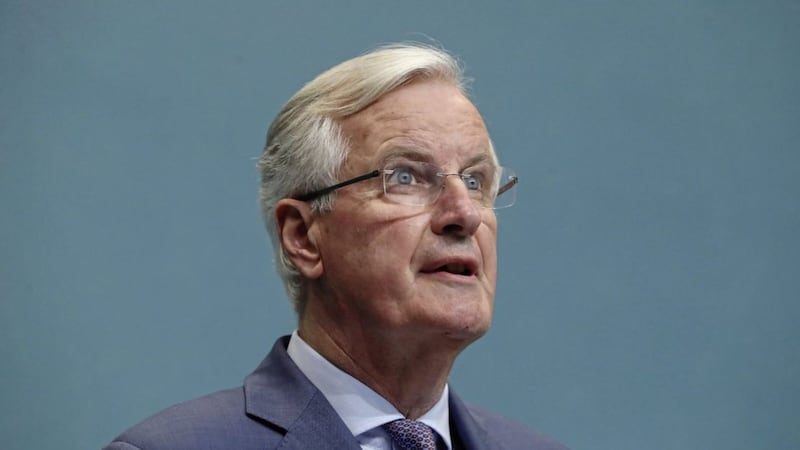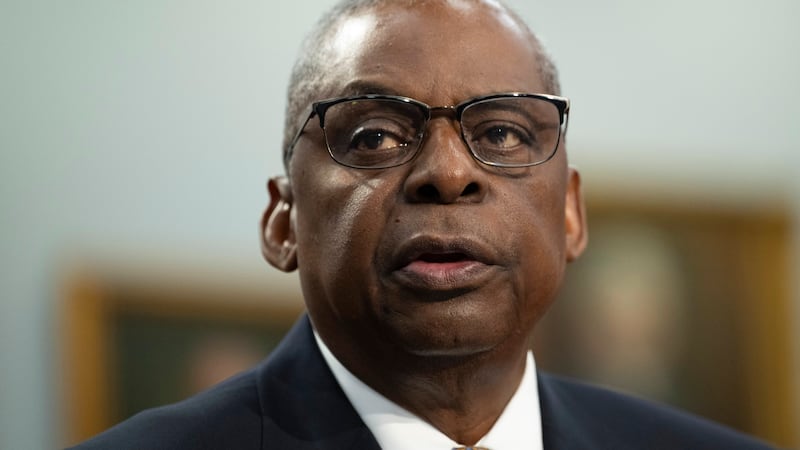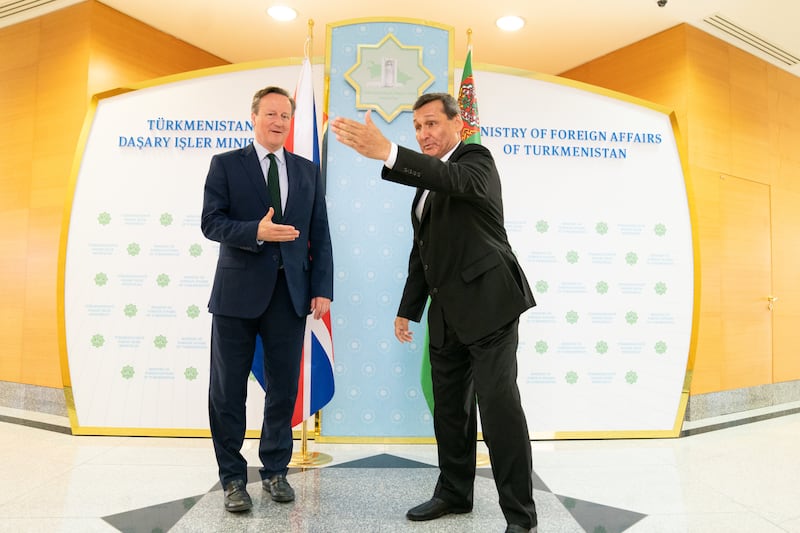The EU's chief Brexit negotiator has warned that a hard border in Ireland after October 31 could lead to a renewal of violence in the north.
In comments likely to enrage Conservative Party Brexiteers, Michel Barnier told the New York Review Of Books the withdrawal agreement negotiated with British prime minister Theresa May, which includes the controversial Irish border backstop, is "the only option" for an orderly Brexit.
Asked if a hard border would lead to renewal of the conflict in Northern Ireland, he replied: "Yes, it creates a very difficult situation for people.
"I remember a meeting after the Brexit vote with a group of 20 women working on both sides.
"Several of the women were crying, worried about their livelihoods; they said, 'Help us!'
"We have found an agreement.
"We said that after the withdrawal agreement is accepted, we can immediately start work on a long-term solution for the Irish border.
"It was a British proposal to build the backstop into a UK-wide solution-to make the whole of the UK (including Northern Ireland) part of a single customs territory until we find a solution.
"The backstop is insurance, in case we do not find this solution."
Mr Barnier also said nostalgia for a time when Britain was a "powerful" and "global" nation was partly to blame for the UK's decision to leave the European Union.
He said nostalgia "serves no purpose in politics", as he warned Tory leadership hopefuls that Brussels will not renegotiate Theresa May's withdrawal agreement.
"Looking at the causes of Brexit, we also find typically British reasons: the hope for a return to a powerful global Britain, nostalgia for the past - nostalgia serves no purpose in politics," said Mr Barnier.
"In my country, too, some politicians still prefer to live in the past.
"But there were, also, people voting for Brexit who simply don't want to accept rules.
"Some based in the City of London voted to leave, as they don't want to accept the Union's regulations on their trading; they want to speculate freely and the Union doesn't allow them to do so.
"Finally, and most importantly, there are many people who feel abandoned.
"They feel that the quality of public services, healthcare, transport, is worsening.
"We must listen to these fears and address them."
Brexit has dominated the debate among candidates seeking to replace Mrs May, with British foreign secretary Jeremy Hunt insisting a renegotiation could be achieved by October 31.
Health Secretary Matt Hancock said the backstop, measures which keep the UK closely bound to EU trade rules to avoid a hard border with Ireland, would need to be replaced.
But Mr Barnier said: "If the UK wants to leave in an orderly manner, this treaty is the only option.
"If the choice is to leave without a deal - fine. If the choice is to stay in the EU - also fine.
"But if the choice is still to leave the EU in an orderly manner, this treaty is the only option. This is all that our legal constraints allow."








